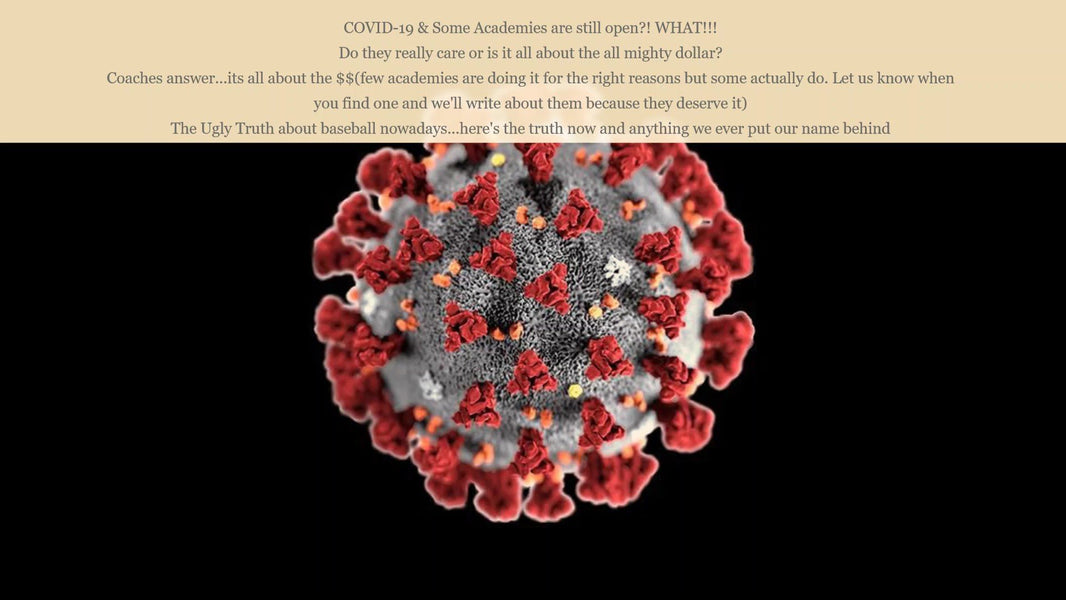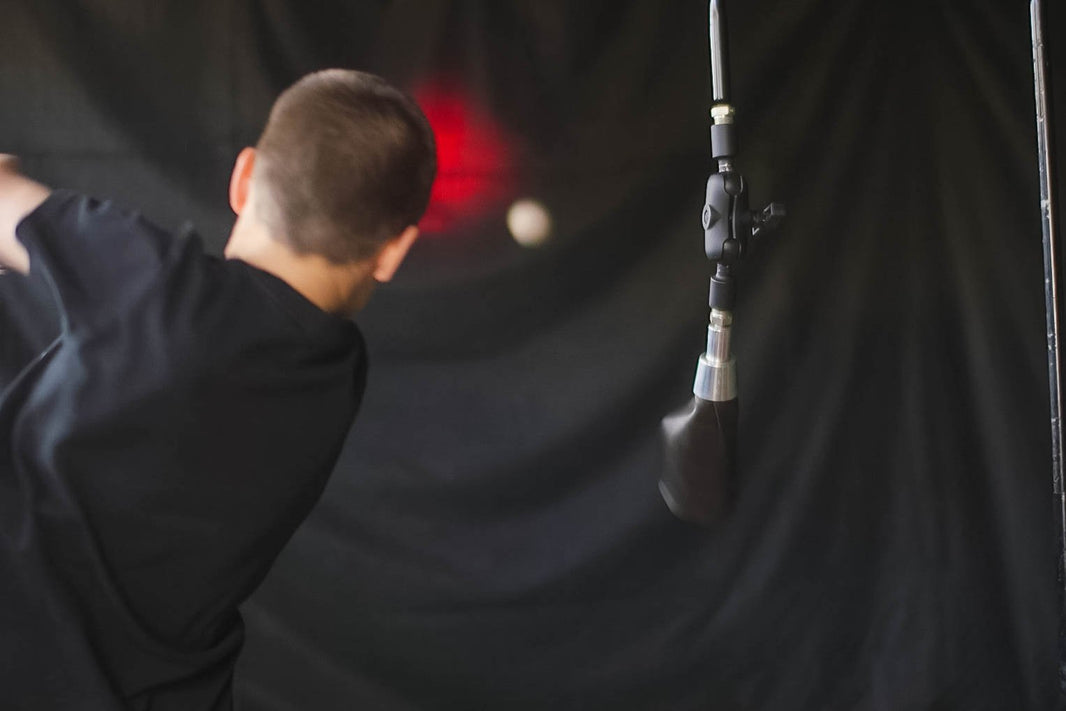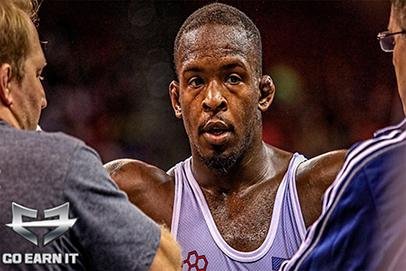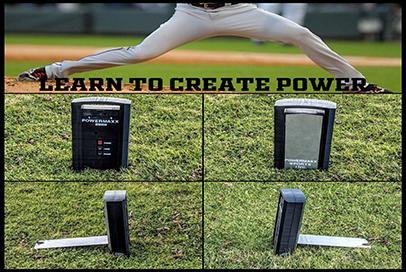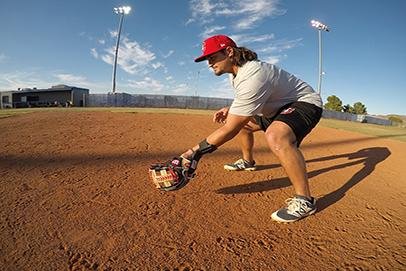OFF SEASON TRAINING FOR YOUTH
As we surely enter the off season for youth baseball, it is time to focus our efforts on coming back stronger and better in the upcoming season. To keep growing and improving in baseball, it is essential to work on performance all year round. As the common motto states, “Champions are made in the off season.”
If your goal is to be a champion, to beat all your other competitors, then you have to be better than them. To be better than your opponent, you must come better prepared. If you are waiting for the season to get prepared, you’re preparing too late. There’s a philosophical mindset that tells us, “The more you sweat in times of peace, the less you bleed in times of war.” This mindset encourages preparing for the “war,” or season, before you need the skills to overcome your opponents.
While training all year round can be dangerous to a human body, if done correctly and safely, it can propel an athlete to another level. There are certain considerations to take into effect when determining what will fill your off season agenda. While many of these we will discuss are relevant to all ages, they are certainly recommended for youth.
Coaches, you need to encourage your players to stay active in the off season. Help them understand the value in being mentally and physically prepared. Instill the promises of their hard work paying off when the next season rolls around. Set them up to believe their success is dependent upon off season training, so that when the distractions of the off season threaten to derail their program, they have the discipline to keep it on track.
During the off season, time should be spent developing all-around strength and skills that will prove to be invaluable come next baseball season. Encourage less focus on the fundamental skills and more on developing the player. For example, this time period is perfect for improving players all around athleticism, coordination, body strength, muscle recruitment, explosive speed, and explosive power.
Avoid Overtraining
First things first, the off season for our players must begin with rest. With all the months spent repeatedly throwing, it is imperative that players are put on a strict “no throw” regimen The Americans Sports Medicine Institute recommends that youth pitchers step away from any overhead throwing for up to “two to three months.” (ASMI) They further recommend no competitive throwing for pitchers for four months out of the calendar year.
Instead of letting them lie dormant, take this time to grow your players in other areas.
Understand that under the competitive nature of sports, our youth are continuously pushing their body to extreme levels. It is our responsibility as coaches, not theirs, to make sure they are not “taxing” their growing bodies to the point of overtraining.

Strength Train
As our athletes grow mentally and physically, we need to encourage them to get their bodies conditioned for the season. Many injuries that are sustained in baseball are a result of twisting or turning in an explosive, dynamic situation. While much of the standard movement in baseball involves moving forward, backwards, or to the side, we need to prepare our athlete’s bodies for the other situations where they twist and turn.
The foundation of health begins with the core of the body. While many believe that the core of our body is our abdominal muscles, this is an inaccurate assumption. Our body’s core includes an integrated system of muscles, including our abdominals, hamstrings and lower back muscles. We must train all aspects of the body’s core to adequately prepare it for athletics.
This article, written by Brett Kilka, who I have had the pleasure of taking classes from, offers great advise and ideas to keep core training for youth athletes entertaining, effective, and relevant: The Best Exercises for Youth Athletes.

Additional strength training can focus on developing joint strength, through dynamic plyometric training, resistance band training, and weight training. It is also important to make sure the muscles that are depended upon in season performance are stretched and strengthened to improve productivity in the upcoming season.
In correlation with core training, integrate functional movement patterns into their workouts. These include exercises that require movement that resembles athletic performance, such as turning, twisting, bending, squatting, jumping, and landing. Working these activities into the training programs during the off season will build a solid foundation on which performance skills can be built during the season.
Cardio Training
While baseball typically involves short bursts of high intensity energy, off season training for complete cardiovascular system health should also occur.
There are two different types of muscle fibers in our bodies: slow twitch and fast twitch. Fast twitch muscle fibers are predominately used in short burst, high intensity movement; These are considered anaerobic (“without oxygen”). On the other hand, slow twitch muscle fibers are the efficient ones, using energy wisely for a longer period of time. They are considered aerobic, using oxygen to generate energy.
While training our athletes for anaerobic burst of energy are beneficial due to the nature of the sport, increased cardiovascular training through aerobic (slow twitch) exercising will promote the quicker recovery for both energy systems when expended during competition. Build a jogging, basketball, or soccer program into your athlete’s off season.
Train the Brain
Use the off season to retrain the brain on the technical skills to improve their fundamentals, including proper mechanics. Dissecting the game into smaller, more specific, technical skills to work on will allow your athletes to improve on individual areas that need improvement without having the situational pressures of game time and in season performance.

Take time to work on skills in non-game situation scenarios, such as in a batting cage, gymnasium, or even a bedroom at home.
These off season training opportunities should be slower, less intense, and occur less often than what would typically occur during in season training.
Chuckie Platt






